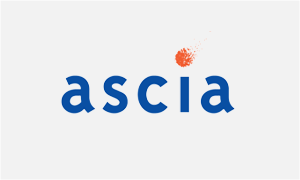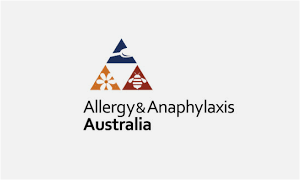Know your triggers
Avoidance of triggers is always the most effective way of managing allergies, so if you are planning on travelling it’s important to know exactly what your triggers are, and how to communicate them.1
Of course, there may be hidden triggers, so you still need to be prepared.
Research your destination, particularly if you are travelling overseas. Learn the local words for all of your triggers. Translation apps and websites can help you with that. Write down the details of your allergies on a card that can be shown to restaurant or other staff in English and their language. Or look at acquiring a set of multi-language cards from providers such as Allergy & Anaphylaxis Australia2 which are available from: https://allergyfacts.org.au/resources/downloads/translated-chef-cards/
The multi-language cards mentioned in this website are general recommendations only, and are not endorsed by Viatris or intended to be applicable to all patients.


If you have an insect bite or sting allergy always wear a high-quality insect repellent containing DEET and cover up as much as possible.3

















